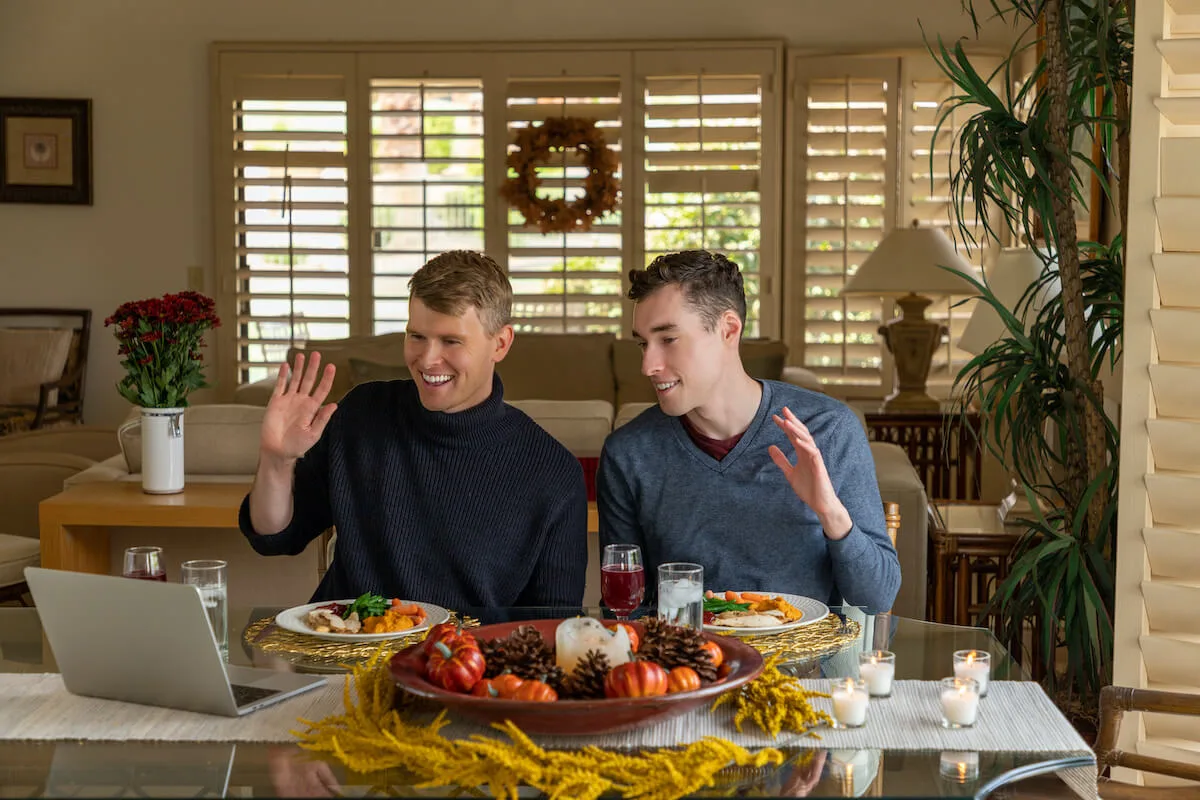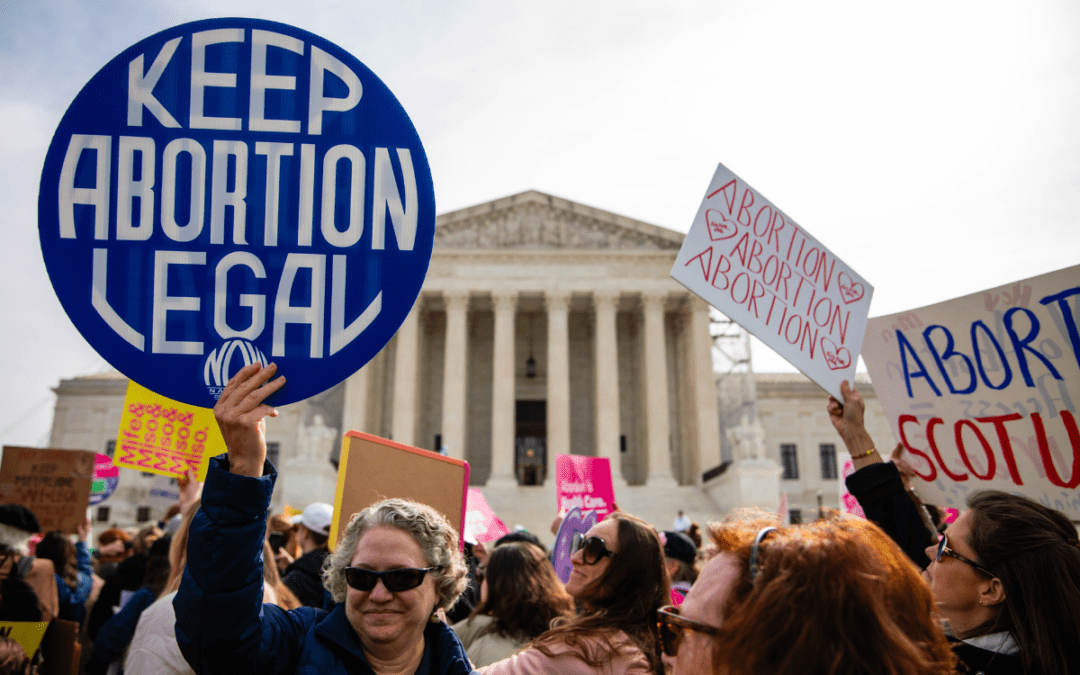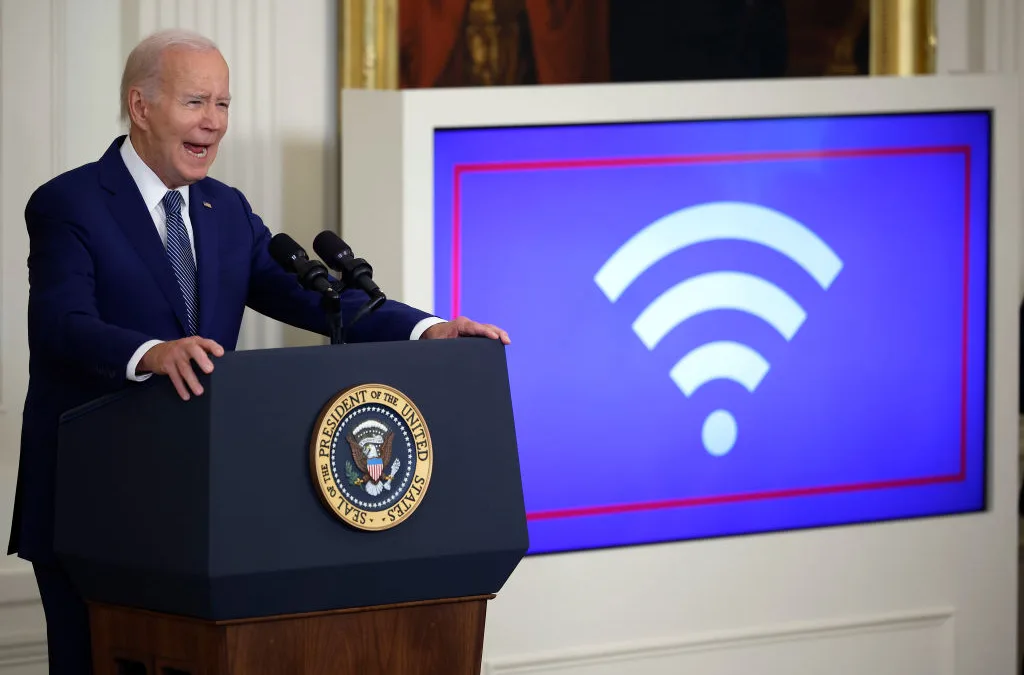
A pair of men talk with loved ones via video conferencing. (Shutterstock Photo/Eric Kunau)
The CDC firmly advises against any travel for the holiday, as health experts say leaving home increases the chances of contracting and spreading the novel coronavirus.
For Eileen Geffrey, of Pittsburgh, the novel coronavirus upended a 50-year-old Thanksgiving family tradition.
For decades, her family made the four-hour drive that took them through the Alleghenies to her aunt’s and uncle’s home in Washington, D.C. That’s where her large extended family always gathered to celebrate the holiday.
“It’s a lot of fun,” said Geffrey who, along with the other guests, was expected to bring a special dish or two. The big party included turkey and pilgrim-themed decorations and favors. A buffet would be set up in the dining room, and a huge table in the living room accommodated the usual 35 or so guests.
But this year, the family decided to hold a “Zoomsgiving” and use video conferencing in an attempt to achieve the same festive togetherness while staying home.
It’s the sort of celebration the Centers for Disease Control (CDC) wants for all families who usually host large dinners.
Their Celebrating Thanksgiving guidelines firmly advise against any travel for the holiday as health experts say leaving home increases the chances of contracting and spreading the novel coronavirus.
The CDC asks anyone who is thinking of traveling for Thanksgiving to consider the risk levels of those they want to visit. Many Pennsylvanians are heeding the experts’ words and adapting their holiday traditions in hopes of keeping their families safe in the midst of the pandemic.
Geffrey knew her elderly aunt and uncle would feel more comfortable with a virtual gathering. “My cousin sent out invitations to all of us with a link to connect by Zoom on Thanksgiving morning. We’ll all take a turn to say what we’re thankful for.”
Laura T., of Pittsburgh, said she and her husband made the decision to continue with their plans to drive across the state to visit her husband’s family. She asked that The Keystone withhold her last name because it’s uncommon, and she and her husband will be gone for several days.
The visit is something they’ve done every year. The tradition also includes a family “turkey bowl” football game in the yard played by all the cousins. One year, a local TV news crew dropped by.
“It’s a big family deal,” Laura said. “There’s a Turkey Bowl award every year.”
The CDC advises that anyone who does decide to travel should check that community’s local health department for information regarding hospitalizations.
Laura and her husband felt that traveling to his parents’ small town in a rural area that has seen few cases, and where the hospitals weren’t strained, would be relatively safe.
“His parents told us they understand the risk, but they want us there,” Laura said. “They were very explicit about it.”
However, their gathering this year will have half of the usual family attendance.
“Others just felt like they had been around all sorts of people where they lived in their cities and it wouldn’t be the right thing to do,” she said.
Travelers are responsible for assessing their own potential for spread, especially their close contact with others in the 14 days before their arrival in a new area.
In years past, Laura’s in-laws welcomed family members to stay throughout the weekend as houseguests. This year, Laura made hotel reservations for herself, her husband, and their children. In addition, they plan to do as many walks and other outdoor activities as the weather will allow, minimizing their contact with others.
In the interest of good air quality, she and her husband even made arrangements to have a new large HEPA air filter installed at her in-laws’ home. “We’ll also wear masks inside while we’re not eating. So, yeah. We’re going.”
Wearing masks, washing hands often, using hand sanitizer and staying 6 feet away from others have become habits for many. But these measures are particularly important if people do choose to leave their homes for Thanksgiving. Even if they’re not traveling far from home.
Melissa Fuson, of Pittsburgh also made the decision to change a long-held Thanksgiving tradition. “I get to see my kids whenever I want. So we usually celebrate with some good friends of ours in their home. But this year, we want to limit our Thanksgiving to close family.”
When her friends extended the invitation to their annual gathering, Fuson said she wanted to be transparent. “I told her I wasn’t comfortable this year and we’ll have future Thanksgivings together,” Fuson said.
Her oldest son and his wife offered to host the family for Thanksgiving—which amounts to three different households—in their home a few miles south of Pittsburgh.
“His house is large with lots of windows for better air flow and a big deck,” Fuson said. “We’ll open the windows if we can. The weather may change, but we’re hoping to be outside. We’re going to make this as safe and as special as possible.”
She’s looking forward to spending the day with them. “It will be a lot of fun.”
Other CDC recommendations are to limit the number of people in areas where food will be prepared, allow guests to bring their own food and utensils, and use contactless grocery pick-up whenever possible.
For these families, and countless others across the country, creative planning will allow them to be with their loved ones in a way they perceive is safe. To them, no one has canceled Thanksgiving at all. It only looks a little different this year.
Politics

How Project 2025 aims to ban abortion in Pennsylvania
Former president Donald Trump said abortion was a state’s rights issue recently, but conservative organizations, under the banner “Project 2025,”...

736,000 PA households could lose crucial help on their internet bills
Time is running out for the Affordable Connectivity Program, which provides low-cost high speed internet access for over 736,000 Pennsylvania...

What to know about Trump’s legal issues
Over the past year, former president Donald Trump has become the center of not one, not two, not three, but four criminal investigations, at both...
Local News

Conjoined twins from Berks County die at age 62
Conjoined twins Lori and George Schappell, who pursued separate careers, interests and relationships during lives that defied medical expectations,...

Railroad agrees to $600 million settlement for fiery Ohio derailment, residents fear it’s not enough
Norfolk Southern has agreed to pay $600 million in a class-action lawsuit settlement for a fiery train derailment in February 2023 in eastern Ohio,...





